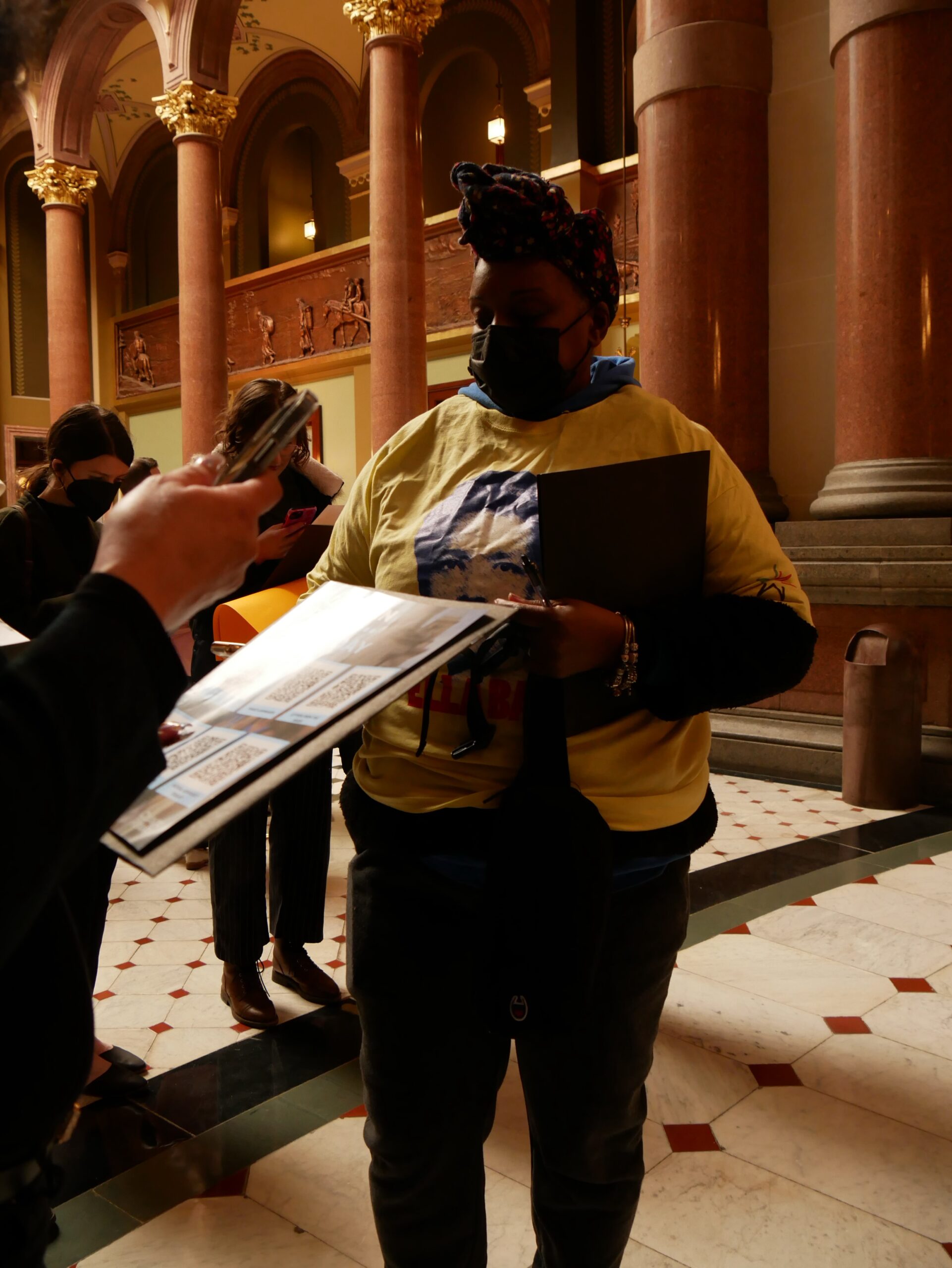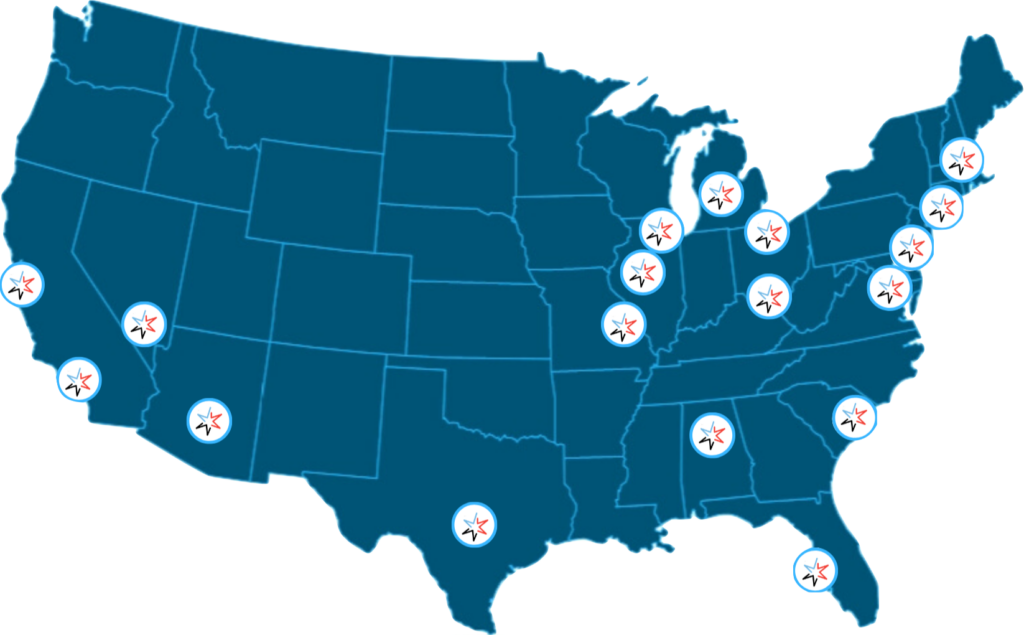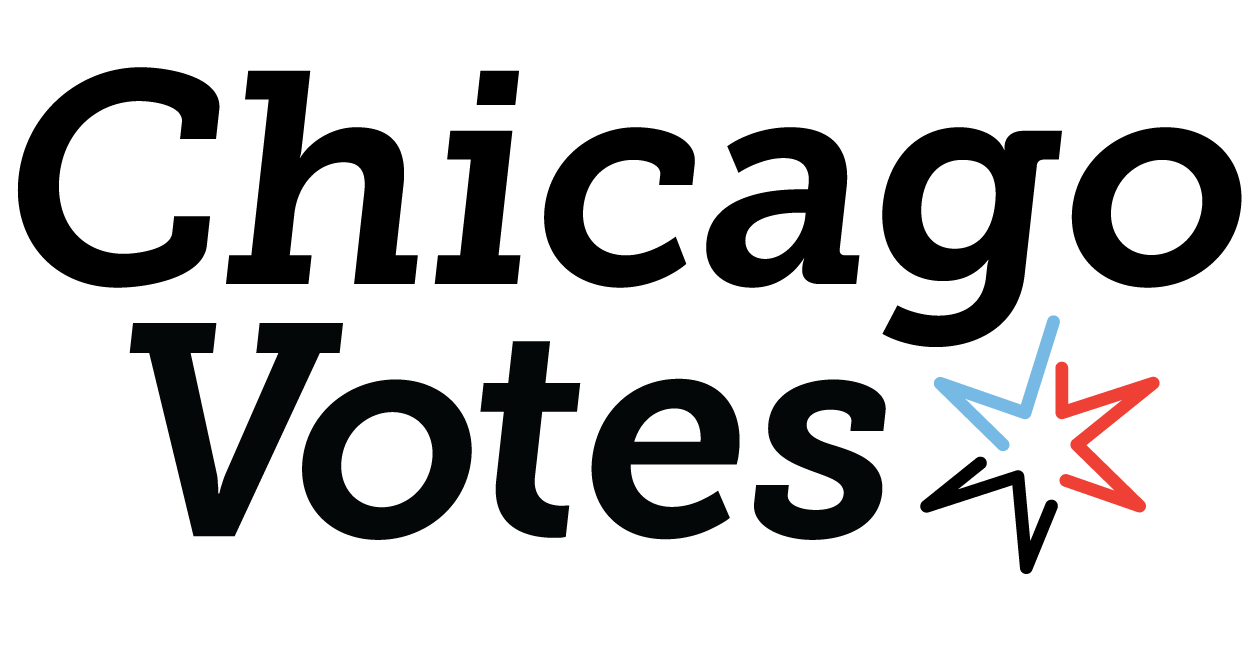It’s about breaking down barriers people impacted by the legal system face to civic engagement–and young people are a large chunk of this population.
Organizin’ in Court, Jail, and Prison.

Cook County Jail Votes
Chicago Votes has been coordinating voter registration drives in the Cook County Jail since September 2017 registering over 5,000 new voters. Volunteers enter the jail every second Sunday of the month to register community members in pretrial detention. Chicago Votes also works with our partners to support the elections process in the jail. With the passage of Senate Bill 2090, the Cook County Jail became the first jail in the country to become a polling place during the 2020 Illinois Primary Elections.

Civics in Prison
In 2019 Chicago Votes helped pass House Bill 2541, “The Re-entry Civics Education Act” which requires every person leaving prison in Illinois to receive 3, ninety-minute civic classes.
In 2021, this law was expanded to juvenile detention facilities with the passage of Senate Bill 2116. This law requires the Illinois Department of Juvenile Justice to provide a civics education workshop for youth 12 months prior to release.

Judicial Accountability
Chicago Votes has worked to demystify the judicial system in Illinois by launching Court Watching and our judicial voter guide program.
Chicago Votes and the Illinois Alliance for Reentry & Justice have launched a court watching program, sending community members inside Cook County Criminal Court to watch judges and collect data on bias and misconduct. The data collected will help in the creation of a judicial voter guide in 2024.

2023 Unlock Civics Policy: Voting in Prison
The Illinois Constitution states that a person in prison “shall lose the right to vote, which right shall be restored not later than upon completion of his sentence.” The exact length of disenfranchisement is not specified. House Bill 39 restores the right to vote for voters post-conviction.
The lives of people in prison are influenced by policies made by elected officials. Those who are elected are held accountable by their constituents. Until people in prison are given the right to vote, making up the constituency, they are unable to hold elected officials accountable.
“Incarcerated citizens are not able to vote — but they are counted as a part of the population for the legislative district of their documented residential addresses. Restoring the right to vote for this population can help spur them on a path to becoming civically active and better prepared to successfully re-enter their communities. Stripping those who are incarcerated of the right to vote denies a fundamental democratic right and compounds the ill effects of mass incarceration. We have the opportunity to catalyze criminal justice reform in Illinois by amplifying the voices impacted by the criminal justice system.” – Senator Mike Simmons, Senate Sponsor
Unlock Civics Origin Story
In the fall of 2017, Chicago Votes was asked to be the official sponsor of election activities in the Cook County Jail (CCJ). What started as a voter registration drive once a month, has expanded to include in-person election coordination, civic education, local administrative advocacy, and statewide legislative advocacy.
What started out as the Chicago Votes’ CCJ Votes initiative has evolved into our Unlock Civics initiative, addressing the disconnect at a systematic level. Our Unlock Civics initiative encompasses our CCJ Votes initiative, Civics in Prison, and Unlock Civics legislative efforts– all of which work at the intersection of organizing and advocacy to ensure that people affected by the American legal system know their civic rights and responsibilities.
The goal is simple, increase access to the ballot and civic knowledge for Illinois’ incarcerated population. CCJ is one of the largest single-site county pre-detention facilities in the United States, admitting approximately 100,000 people annually and averaging a daily population of 6,000 people. While over 90% of those incarcerated in this facility have the right to vote, many of them do not know they are eligible to vote and are missing out on their opportunity to participate.
Our work in Cook County Jail has inspired organizations and jails across the country to adopt our framework.

